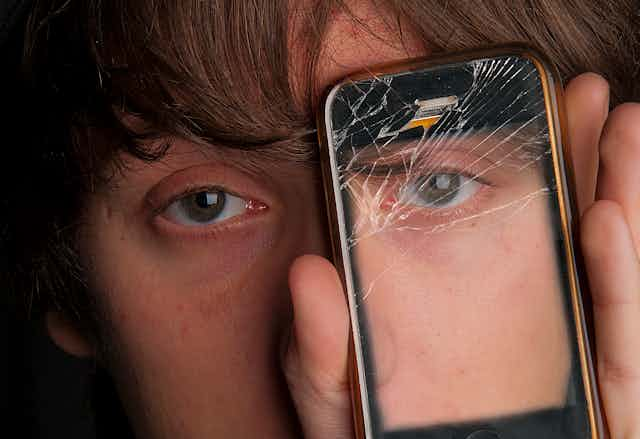Estimates show that millions of people have been victims of cyberbullying. Sadly, this includes the famous cases where emotional distress caused Tyler Clementi, Izzy Dix, Lisa Marie Zahra, and dozens of other victims to take their own lives. These bullies are present on almost all Internet forums, but some websites are particularly notorious. For instance, a recent Time magazine article described Ask.fm as a website that was a factor in at least 16 deaths.
Many safety measures, such as report buttons, have been tried to combat cyberbullying. Paradoxically, social media users often do not want their chats to be policed.
An example is Digg, a social news site on which people can vote web content up or down, called “digging” and “burying”, respectively. From early 2009 to late 2010, a large group of users banded together to control what appeared on the front page of Digg. These people searched Digg’s pages to find liberal and anti-conservative users. They then used the bury button to force those users’ stories off the front page.
In response, Digg got rid of the bury button. This enraged and upset the general Digg audience. They liked both the dig and bury buttons to express their opinions. In no time, Digg visits fell greatly.
So social media users value the freedom to express their opinion online without meddling. That is why they get angry with anyone who hinders this. There are more freedom-lovers than bullied victims. For social media companies and politicians alike, the objection of the many drowns out the lament of the few. But they have a duty to protect people from harm. This creates a catch-22 situation.
There may be a way out. Cyberbullying can be curbed but it depends on how and when chats are policed.
How you intervene matters
I have studied how to combat cyberbullying and I found that users are fine with their chats being policed if the decision is backed up with a story of the user being bullied.
One group of social media users was asked to imagine themselves as the main character in a cyberbullying story. A second group only read the story without imagining. A third group read dull facts about cyberbullying. After they were done, all groups were asked if they would allow their conversations to be policed. Only the first group accepted internet policing.
Try it for yourself:
Imagine a troll posted hundreds of messages in the past month, depicting you as a talentless, sex-crazed swindler. Then the bully created a profile under your name and left obscene messages on your own wall. Now not only you get daily death threats, but so do your family and friends. You feel humiliated, helpless, and abused and your professional and social lives suffer.
Wouldn’t you want someone to intervene?
Where things get murky
So the best way to have social media users accept police is through a cyberbullying story in which they imagine themselves as the victim. Ask.fm, Facebook, and Twitter all have buttons to report another user’s abusive activity. They give hints of the chats that need policing. But it is difficult to draw the line between simple teasing and cyberbullying.
Consider these two examples. When in 2012 Besseres Hannover, a German right-wing extremist group, was charged with inciting racial hatred, Twitter blocked its account. Yet when in the same year Hamza Kashgari, a Saudi writer, was deemed a blasphemer by his country’s authorities for a poem and Twitter was filled with hate speech against him, the company allowed the cyber-harassment to continue. Kashgari suffered emotional distress.
We need criteria to judge whether a chat has escalated and intervention is necessary. Article 29, section 2, of the International Bill of Human Rights (1948) provides this:
In the exercise of one’s rights and freedoms, everyone shall be subject only to such limitations as are determined by law solely for the purpose of securing due recognition and respect for the rights and freedoms of others and of meeting the just requirements of morality, public order and the general welfare in a democratic society.
When cyberbullying disturbs social networks in this way, social media companies and politicians should not wash their hands in innocence and ignore what is happening.
Instead, paraphrasing Machiavelli, I believe it becomes their responsibility to use the means set out above to protect society from harm and put an end to the online aggression.

